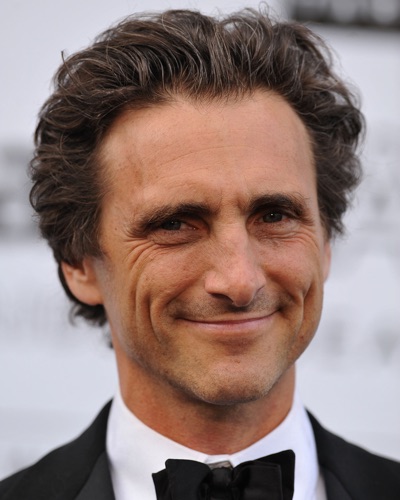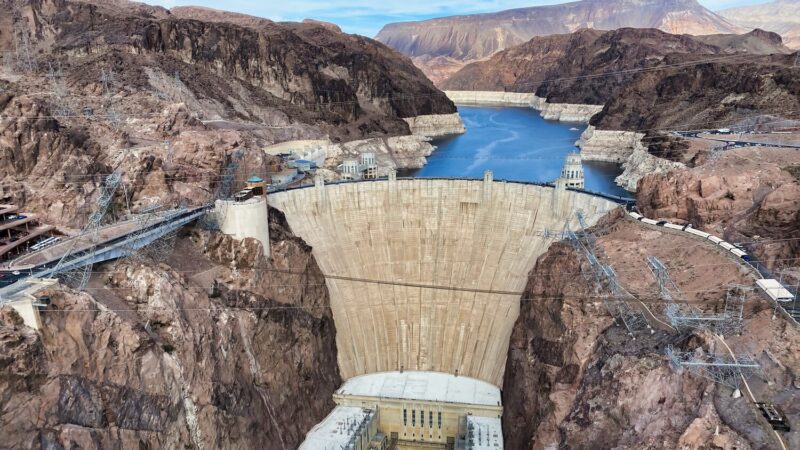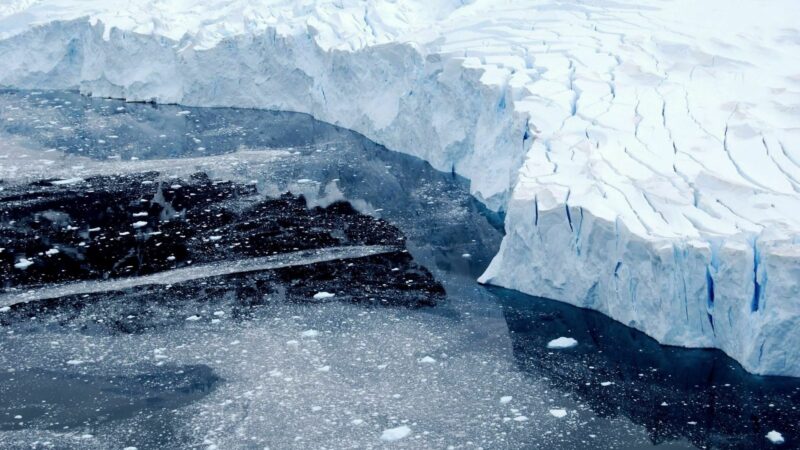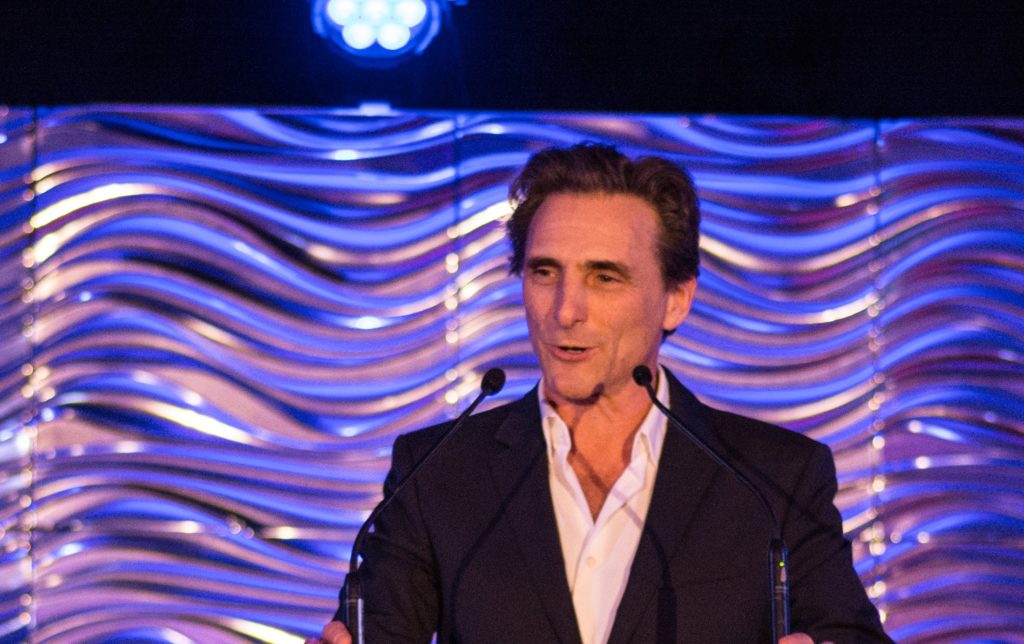
On global warming, everyone needs a seat at the table
Eleven years later, Barack Obama’s environmental vision still requires diversity in science
As I was hosting UCLA Institute of the Environment and Sustainability’s 2018 gala at Jeanne and Tony Pritzker’s house last month, I was taken back 11 years to the annual conference of the Congressional Black Caucus.
Barack Obama had asked me to join a panel that included Van Jones — one of this year’s gala honorees — to discuss global warming. I accepted, of course. The year was 2007. Al Gore’s film An Inconvenient Truth, which I produced, was riding a wave of box office and awards success.
As I was being introduced, the crowd began to cheer loudly and gave a standing ovation, which felt extremely odd for someone like me. I looked over, and of course they weren’t cheering for me — they were cheering for Obama, who had just walked on stage.
I became embarrassed.
Obama, then a senator from Illinois, reassured me with his famous grin. “Go ahead, Lawrence. Do your thing and I’ll come on after you.” He was already a huge political star, and the man always knew how to command a room.
After my time at the microphone ended, Obama began to speak. He knew jobs, healthcare and education were the issues most pressing on these leaders’ minds. But he knew the urgency of global warming and how it would affect all of us. He also knew part of the solution was green energy and predicted a massive expansion of green business, from blue-collar jobs installing clean energy to high-end research and engineering. He wanted this group to have a seat at that table.
Obama also drew attention to a persistent tragedy: communities of color are much more likely to be victims of environmental harm. He urged the leaders in the room to get serious about fighting back to protect the health of their communities. They listened, and the speech inspired me personally to fight harder than ever for a healthy planet.
Obama turned out to be prophetic on both counts.
Jobs in sustainability and green energy have since boomed, and not just during his time as president. Despite current efforts to take us back to coal, the smart money is on clean energy. There are now five times more jobs in renewable energy than fossil fuel, and solar energy jobs are growing 12 times faster than the rest of the economy. And, despite support from the highest levels of government, the push to bring back coal has faltered bigly. Put simply, the train has left the station. Clean energy is the future and there’s no going back.
Unfortunately, Obama was also right about communities of color getting the worst of pollution and climate change. From the Standing Rock Sioux fight against big oil to the water crisis in Flint, Michigan, environmental injustice is as bad as ever — maybe worse. Communities of color are more likely to be exposed to air pollution tied to diseases like asthma. As a result, 13.4% of black children have asthma, compared to 7.8% of white children.
It’s easy to blame government, but the problem runs much deeper. It even extends to academia, where critical environmental research takes place and the next generation of leaders is trained.
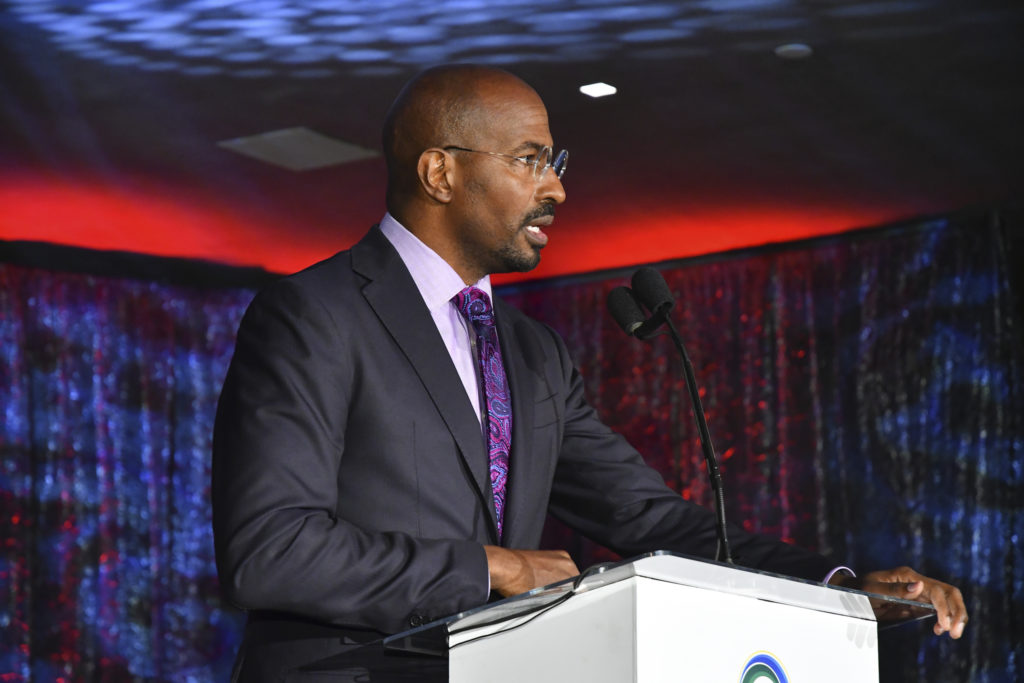
Obama’s goal of a diverse sustainability workforce hit a familiar roadblock — lack of representation. Especially in positions of leadership, white men dominate universities and businesses. In environmental science, 86 percent of the U.S. workforce is white and 70 percent is male.
Obama’s inspiring 2007 speech gave me personal hope, but a lot of work remains to be done if his vision is to be realized. Luckily, the very best ideas are tenacious.
Near the final days of President Obama’s time in the White House, he honored a young UCLA climate scientist named Aradhna Tripati with a Presidential Award. He recognized not just her research, but her committed, personal outreach to communities traditionally left behind by math and science.
At last month’s gala, we raised $1.3 million, part of which will be used to help Tripati launch the first and only center for diversity in environmental sciencein the country. Focusing on mentor relationships at all levels, “from K to gray,” the center offers person-to-person support to ensure the next generation of leaders includes people of all backgrounds.
The world needs fresh, creative approaches. Research tells us that’s just what diversity brings.
So here we are, 11 years after Obama clowned with me in front of the Black Congressional Congress in D.C., and everything appears to have come full circle. Van Jones is still hard at work for environmental justice — as he left the gala, he reminded me that we still have a lot to do to achieve it. Obama’s vision is still at work, too, through Professor Tripati and the diversity center.
Now is the time to cure environmental injustice from root to tip. In November, we’ll get a chance to vote in new political leaders, but it can’t stop there. We need to support representation in science and advocacy, too. That will give all communities in our country a seat at the table on issues that affect all of us.
It’s time to include everyone in the battle for our planet’s future.
Article originally published on Lawrence Bender’s Medium account.
TOP IMAGE: Lawrence Bender speaks at IoES Gala. | Photo by Katheen Yap.
Published:
